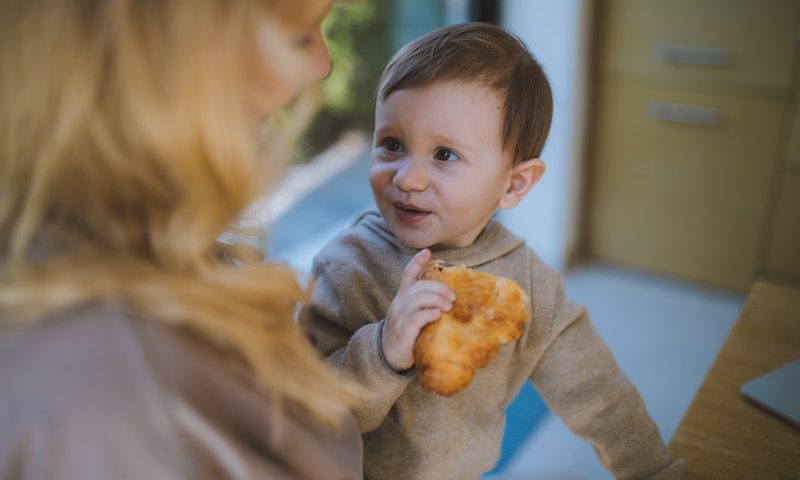Comfort foods have been a part of culture for as long as we can remember. Here are some examples of how comfort foods are commonly used to cope with challenges:
- Giving casseroles and baked goods to someone grieving the loss of a loved one
- Ordering pizza or going out for ice cream after a stressful work day
- Grazing on snack foods during periods of stress or anxiety
In this way, comfort foods act as a sort of medicine or anti-depressant. They make us feel better, if only temporarily. However, such patterns with food and feelings can become problematic if they turn into a habit or result in excessive weight gain.
The Psychology of Comfort Foods
There is a definite biological reason for why we are attracted to comfort foods. It has to do with chemicals in the brain and our internal reward system. But for the purposes of this post, we’ll focus on psychological reasons for these cravings.
We are given messages early on in our lives that food can make us feel better. These messages are then reinforced as we get older. When a toddler cries in public, it’s not uncommon for a parent to calm them with a cookie or piece of candy. As a child on our birthday, we get to pick what kind of cake we want and what restaurant to visit for dinner.
These customs are ingrained in us from the start, teaching us to equate food with happiness. This is how comfort foods came about. But it’s also important to note the ways in which we are conditioned to respond to repeated stimuli:
- We’re brought up to think that food (the stimuli) can make us feel better (the response)
- We sometimes fail to see how other stimuli can produce the same response
- Affection and peaceful activities (other stimuli) can also make us feel better (response)
Changing How We Cope
It’s not healthy to always seek comfort in food. Because most comfort foods are high in fat, sugar and carbohydrates, they can lead to weight gain and health problems associated with diet. Here are some tips for building healthier habits.
- Practice Self-awareness. Reflect on how food was used throughout your life and how it made you feel during difficult times.
- Look Inward Each Day. Keep a log of your thoughts and feelings to identify patterns prompting you to eat comfort foods.
- Brainstorm Alternative Coping Skills. Think about what you can do to feel better that doesn’t involve food (i.e. taking a bath, going on a walk or talking to a friend).
- Look at Your Alternative List Regularly. Consult it and add to it as needed.
Conclusion
Comfort foods are okay in moderation, but shouldn’t always be used to cope with difficult emotions. Challenge yourself to look at your own relationship with food and how you’ve used it in the past. Then use the tips in this blog post to come up with alternative coping strategies and healthier responses. This can forever change your relationship with food.






